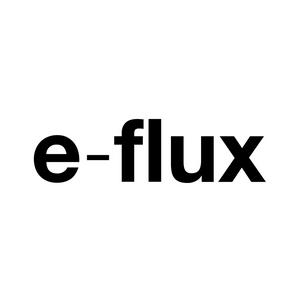Shana Moulton: In Search of Meaning
This conversation between Shana Moulton and e-flux Film curator Lukas Brašiškis was recorded live at e-flux following a screening on Thursday, April 4, 2024. Weaving feminist undertones with surrealist imagery and sound, Shana Moulton’s work explores the nuances of the contemporary psyche. Her Whispering Pines series, in particular, delves into the intricacies of self-help culture, the quest for spiritual meaning, and the often comedic absurdity of personal wellness rituals. In her performances, videos, and installations, Moulton, through the experiences of her alter ego, Cynthia, writes a narrative that is both personal and universally resonant, probing the boundaries between the mundane and the mystical in the time of global digital capitalism. The screening featured a selection of Shana Moulton’s works: Whispering Pines Zero (2002, 6 minutes, a collaboration with Jacob Ciocci), Whispering Pines 1 (2002, 2 minutes), Whispering Pines 2 (2003, 4 minutes), Whispering Pines 5 (2005, 6 minutes), Repetitive Stress Injuries (2008, 12 minutes), The Galactic Pot Healer (2010, 8 minutes), Every Angle is an Angel (2016, 6 minutes), and the film-opera Whispering Pines 10 (2018, 35 minutes, a collaboration with Nick Hallett). Moulton has had solo exhibitions at international institutions including Palais De Tokyo in Paris, Yerba Buena Center for the Arts in San Francisco, Kunsthaus Glarus in Switzerland, the Museum of Fine Arts in St. Petersburg, and the Museum of Modern Art in New York. Her work has been featured in Artforum, the New York Times, Art in America, Flash Art, BOMB, and Frieze, among others. Her work has been featured on Art21 and her single-channel videos are distributed by Electronic Arts Intermix. An edited version of this conversation was published on e-flux Film Notes. Film Notes, launched in June, features conversations with artists and filmmakers, scripts, and experimental writing on the moving image.

